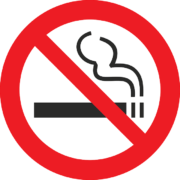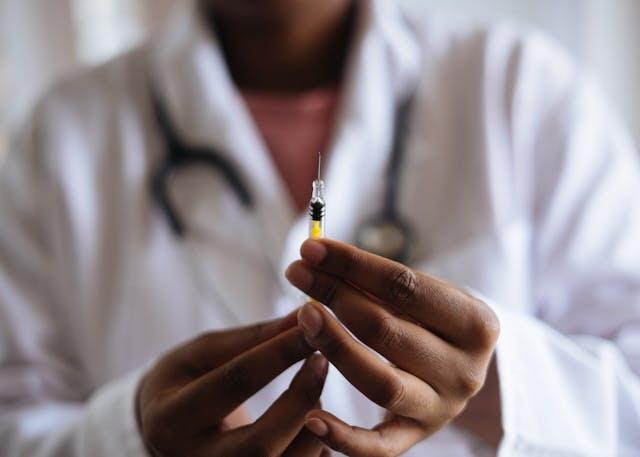By Elisa Tong, MD, MS, Associate professor of internal medicine, University of California, Davis
DOCTORS like me and many other health professionals are working to treat sick patients for the COVID-19 virus. The best ways for you to help are to stay home, wash your hands, and not smoke or vape.
Here are three good reasons why you should stop smoking and vaping now:
1. Smoking doubles your risk of developing respiratory infections.
In one study, 391 healthy volunteers had 1 of 5 respiratory viruses, including a coronavirus, dropped in a liquid into their noses. The volunteers who smoked were twice as likely as those who did not smoke to develop an infection. Smoking is known to weaken the immune system and the body’s ability to fight infections.
2. Smoking doubles your risk of getting sicker from COVID-19.
In a review of five studies published to date, smoking is most likely associated with getting sicker with COVID-19. In the largest study of 1099 people with COVID-19, people who smoke were 2.4 times more likely to get really sick (e.g. admitted to an intensive care unit, needing mechanical ventilation, dying) compared to those who did not smoke. Smoking can cause chronic obstructive pulmonary disease (COPD) and other health problems that may contribute to serious illness. Stopping smoking still helps your health if you have COPD or heart disease.
3. Vaping can also harm lung health.
Growing evidence suggests that the aerosol from vaping devices can harm lungs at the cellular and organ levels and worsen the body’s ability to fight respiratory infections. The recent outbreak of e-cigarette, or vaping-associated product lung injury, predominantly affecting young people, is still a major public health concern.
You can get free help to stop smoking and vaping!
The California Smokers’ Helpline is here for you. Counselors will help you develop your own personal quit plan by phone or chat. Text and app programs are available too. It is great to work through the stress and anxiety with caring professionals during these times about how to stop. The counselors can also talk with you about medications like nicotine patches, gums, or lozenges that are over-the-counter and help manage cravings. You may be eligible for special offers that send free nicotine patches to your home.
Keep a smoke-free home to protect others as well.
Secondhand smoke worsens lung health for nonsmokers, especially children. If you are a nonsmoker, contact the Helpline to find out how to help someone you love quit smoking or vaping.
Being smoke and tobacco-free is as important as washing your hands and covering your cough for your health and the health of your family and our community.







such a shame that your article includes the baseless claim that vaping increases vulnerability to the virus. Your shoddy journalism risks increasing smoking among your readers, and degrades the trust aMericans have in publications. the CDC recently had to publish statement reminding us that theyhave no evidence of you contention. peer reviewed studies of ex-smokers who switched to vaping has found that those with asthma/COPD have much improved respiration after switching. Try doing some reserach – 30 minutes on Google scholar would suffice, but you didn’t bother. shameful.